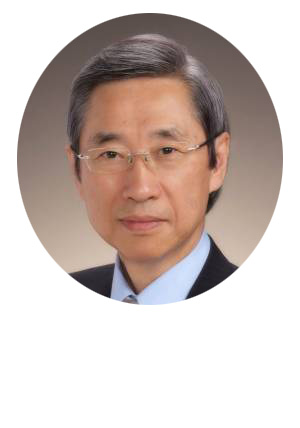

Professor Nobuhide Kasagi: Okay. Since the timing is running out, I would like to summarize the discussion here. The organizing committee decided to hold this panel in the International Heat Transfer Conference almost a couple years ago. We first decided to invite Professor Yoshikawa to give a lecture on the relationship between science and society. To my knowledge, there has been no so such lecture in the Heat Transfer Conference before. So, we wanted to introduce some new culture or a new way of thinking to the thermal science research community, particularly to stimulate younger people. By talking with Professor Yoshikawa, we decided to hold this followup panel. And almost a year ago, I started to prepare for this panel. Fortunately, these five panelists accepted to work with me, and over the last several months, perhaps since the beginning of this year, we exchanged numerous emails to exchange our views focusing on the issues we have to discuss here at the panel. And even after coming to Kyoto, we had a meeting together and discussed the issues we faced too.
The messages I’m going to show you are the temporary agreed messages among the panelists and the moderator. We are going to take the comments and the messages from the floor as well as discussants today. We will finalize the messages from this panel to transfer to the next International Heat Transfer Conference in Beijing. We also hope that everybody here to bring this back to your country and start your own discussion on this very important issue, the science for society.





